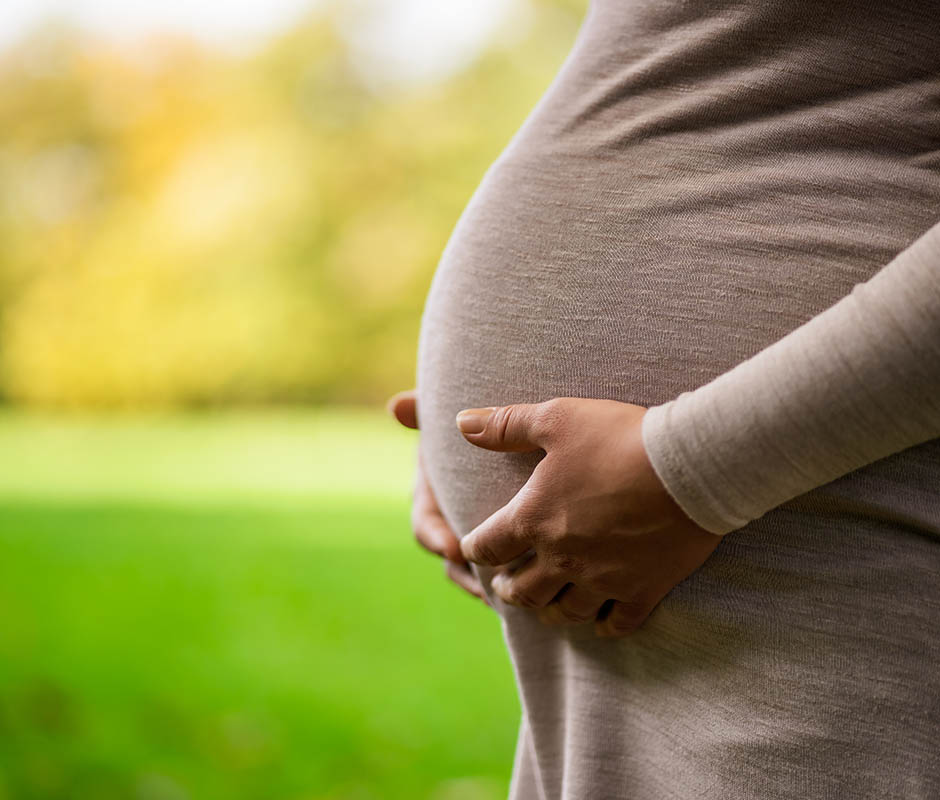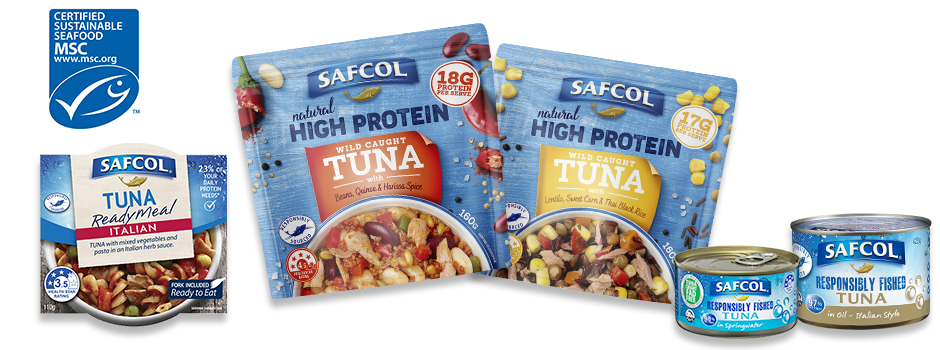
The Importance of Calcium in Pregnancy
by Ashleigh Feltham
Accredited Practising Dietitian and Accredited Nutritionist
Good nutrition is important for a healthy pregnancy to support the health of your growing child. One vital mineral is calcium. Calcium keeps the body functioning optimally through creating and maintaining strong bones and teeth and supporting normal blood clotting. Calcium is also necessary for a healthy pregnancy.
Without adequate levels of calcium during pregnancy, there is a risk of unhealthy blood pressure levels and patterns, a higher risk of preterm labour and suboptimal mineralisation of bones. Bones consist of active tissue and require calcium to maintain density. Inadequate calcium is linked to a higher risk of delivering a very low birth weight baby. Low calcium affects both the baby and the mother’s health in the long term.
During pregnancy, a woman’s calcium needs are 1000mg per day, the equivalent of two and a half servings of dairy or dairy equivalent a day.

So, what makes up a serving?
- 200g of yoghurt. Check the serving size of smaller tubs, which may be under 200g.
- 250mL of milk. If you choose plant-based milk, make sure it is calcium-fortified.
- 40g of hard cheese.
- 120g of ricotta or cottage cheese.
- 120mL of evaporated milk.
- 100g of almonds. Almonds weigh about a gram each. Bear in mind: almonds are very energy dense, so be mindful when choosing this option.
- 100g of firm tofu.
Non-dairy sources of calcium include seafood, with the added bonus of omega-3 fats and protein. One serving of seafood is:
Half a cup of pink salmon with bones or sardines provides around 400g of calcium.
Take home message
Consuming enough calcium plays an important role in promoting health and wellbeing through all stages of life, but is especially important during pregnancy. Try including a variety of calcium rich foods in your diet each day. This will not only help you to achieve your needed calcium serves, but also provide your body and your growing baby with a matrix of additional health benefits.

